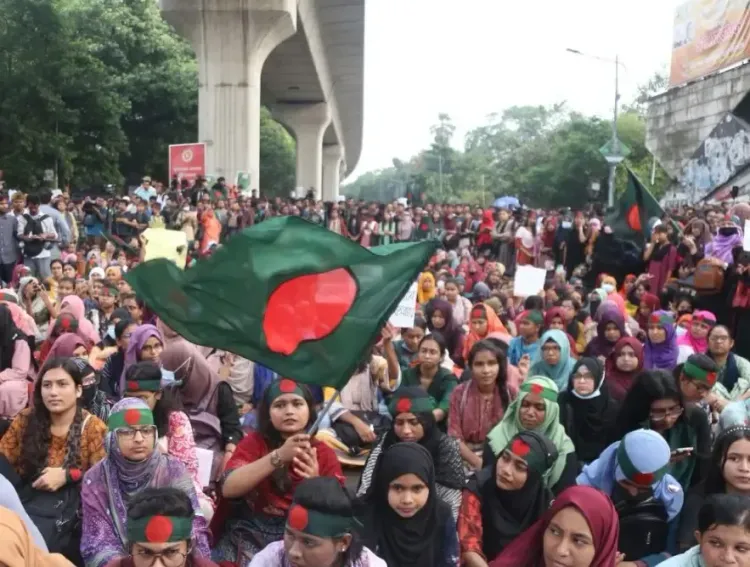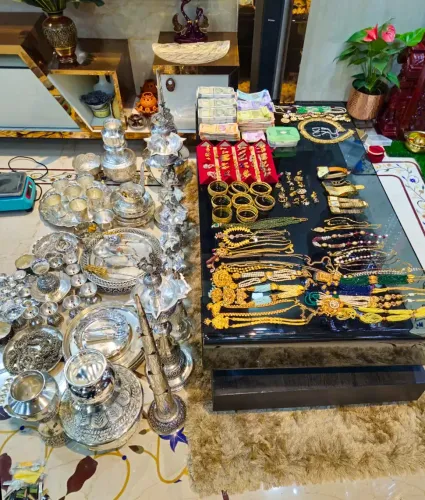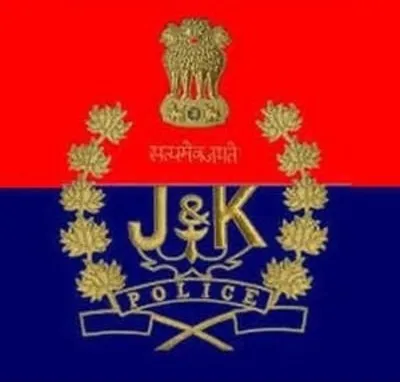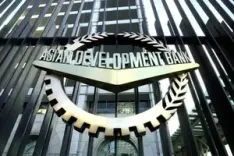Why Are 258 Citizens in Bangladesh Calling for an End to Violence Linked to 'Blasphemy' Allegations?

Synopsis
Key Takeaways
- 258 Bangladeshi citizens demand an end to violence.
- Protests erupt over the arrest of Baul singer Abul Sarkar.
- Religious extremism is on the rise in Bangladesh.
- Criticism directed at the interim government for inaction.
- Growing concerns for minority rights and freedoms.
Dhaka, Nov 25 (NationPress) A significant number of Bangladeshi citizens have urged for an immediate cessation of the widespread violence, legal actions, arrests, and mob assaults occurring throughout the nation under the pretext of alleged "blasphemy", according to local media reports.
This outcry follows increasing outrage and demonstrations concerning the detention of Baul singer Abul Sarkar, accused of offending religious sentiments, and a following attack on his supporters in the Manikganj district.
As stated in a joint declaration from 258 individuals, following last year’s July protests, religious extremism has "started to emerge" in Bangladesh, with certain groups seemingly positioning themselves as the "exclusive representatives" of Islam while conducting a nationwide crackdown.
They expressed concern over the destruction of over 200 shrines, the labeling of numerous individuals as apostates or blasphemers, the exhumation of bodies, the burning of remains, and the forced shaving of the hair of bauls and fakirs. They also highlighted the harassment of women regarding their attire and mobility, interruptions of cultural performances, and disruptions of sports and fairs, indicating a troubling goal to eliminate those with differing beliefs or lifestyles. The signatories were quoted by Bangladesh's Bengali daily Prothom Alo.
Critiquing the interim government led by Muhammad Yunus for its ineffective response to these violent occurrences, the signatories remarked that accusations of "blasphemy" are frequently wielded as a primary weapon in these assaults.
They added, "Even after a year and a half, the government’s actions imply that religious fascism is being silently accepted to strengthen its own position. This is exacerbating the discontent of pro-democracy citizens and facilitating the resurgence of defeated fascist elements, while also casting Bangladesh as a potentially extremist state on the global stage."
The individuals behind the statement also condemned the detention of Abul Sarkar and demanded his swift release.
Among those who signed the statement were educators, authors, researchers, artists, journalists, human rights advocates, cultural activists, and followers of the Baul tradition in Bangladesh.
Bangladesh has seen rising violence against minorities, increased mob aggressions, and arbitrary arrests of political adversaries under the Yunus-led interim government, stirring outrage among citizens and various human rights organizations globally.









